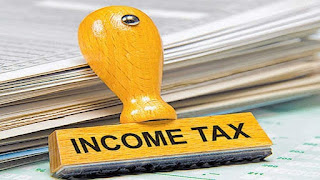NPS offers triple income tax benefits. Details here
Question: Is the NPS (National Pension System) fully exempt now i.e. EEE? Is the employer’s contribution fully exempt in addition to Rs. 1.50 lakh available under sec 80C? I do not have an NPS account as my employer is having his own PF trust. Can I open an NPS account even if my employer is not contributing to NPS? How do I avail the benefits under Section 80CCD? Can I still claim 10% of basic salary for NPS contribution under this section?
Answer: No. NPS is not fully tax exempt presently. You can claim deduction for contribution made by you toward your NPS account, under Section 80CCD (1) and 80CCD (1B). The income accrued during continuance of the account is also tax free. However, at the time of maturity of the NPS account only 60% of the corpus accumulated can be withdrawn tax free and for the balance 40% you have to buy an annuity from a life insurance company. The annuity received is fully taxable in the year of receipt. So to that extent NPS is not fully tax-free.
The employer’s contribution to your NPS account is tax free up to 10% of your salary subject to an annual overall ceiling of Rs. 7.50 lakhs for NPS, provident Fund and Superannuation contribution made by the employer taken together. Even though your employer does not have an NPS you can still open an NPS account and claim deduction for contribution made to your NPS account up to Rs. 1.50 lakhs under Section 80CCD(1) along with other eligible items of section 80 C. Moreover, you can claim an exclusive deduction of Rs. 50,000/- under Section 80 CCD(1B) over and above Rs. 1.50 lakhs for contribution made towards your NPS account.
Download our App to get knowledge updates: https://play.google.com/store/apps/details?id=com.app.gstmitra




Comments
Post a Comment